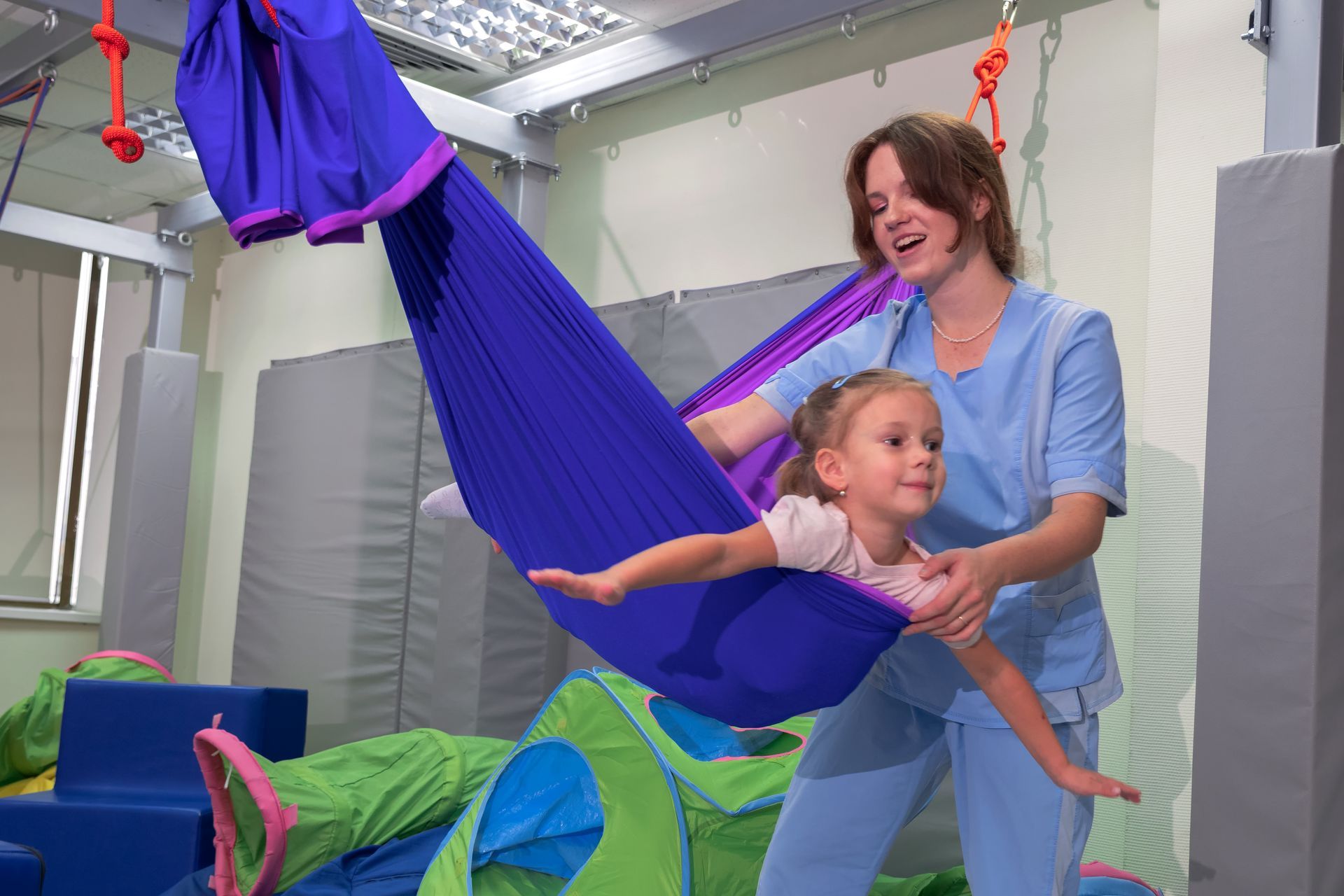Beyond the Diagnosis: Transdisciplinary Care for Bipolar Disorder

As we celebrate World Bipolar Day 2024, we want to not only raise awareness about bipolar disorder but also the support required for those living with this condition. Bipolar disorder, with its complex interplay of emotional highs and lows, demands a nuanced understanding and approach to care that extends beyond conventional medical treatment. This year, we aim to highlight the transdisciplinary support structure—a holistic network of allied health professionals—that is crucial in empowering individuals with bipolar disorder to lead full, enriching lives.
Understanding the multifaceted nature of bipolar disorder is the first step in acknowledging that managing it goes beyond medication and traditional therapy. The journey toward wellness for those affected involves a collaborative, comprehensive approach that incorporates the expertise of various allied health disciplines. From psychologists and occupational therapists to dietitians and music therapists, each therapy contributes to the support network that addresses the physical, emotional, and social aspects of living with bipolar disorder.
Today, our focus is on highlighting the pathways through which transdisciplinary care can make a tangible difference. It’s about building a bridge between individuals living with bipolar disorder and the life that lies beyond the challenges of their condition. Today, we stand together to advocate for a support system that not only understands the complexity of bipolar disorder but also champions the possibility of a fulfilling life despite it.
Understanding Bipolar Disorder
Bipolar disorder is a complex mental health condition marked by significant mood swings, including periods of depression and episodes of mania or hypomania. The impact of these mood swings can be profound, affecting various aspects of an individual's life, from personal relationships to professional commitments. Recognising the diverse presentations of bipolar disorder, which can include Bipolar I, Bipolar II, and Cyclothymic Disorder, stresses the necessity for a nuanced approach to diagnosis and treatment.
The Role of Allied Health
Allied health professionals play a critical role in providing a holistic approach to care for individuals with bipolar disorder. The inclusion of a wide range of therapies ensures that individuals receive care that addresses both their mental and physical health needs.
This includes:
Counselling and Psychology: Essential for mental health support, helping individuals understand and manage their condition.
Occupational Therapy: Focuses on improving daily living and working skills to foster independence and enhance quality of life.
Speech Therapy: Supports those with communication challenges, which can sometimes occur as a side effect of medication or as part of the disorder itself.
Social Work: Provides assistance with accessing community resources, navigating the healthcare system, and supporting social and emotional well-being.
Behaviour Support: Specialises in developing strategies to manage challenging behaviours that may arise due to mood swings, contributing to improved personal and social interactions.
Dietetics: Offers nutritional advice to manage the effects of medication and the disorder on body weight and overall health.
Music Therapy: Utilises music as a therapeutic tool to improve mood, reduce stress, and enhance emotional expression, which can be particularly beneficial during depressive or manic episodes.
Physiotherapy: Aids in addressing the physical discomforts that may arise from prolonged periods of inactivity or hyperactivity associated with bipolar disorder, promoting physical well-being and pain relief.
Interdisciplinary Collaboration
The collaboration among allied health professionals, psychiatrists, general practitioners, and support groups is pivotal for delivering comprehensive care to those with bipolar disorder. This cooperative approach ensures that care plans are well-rounded, tailored, and adaptable, catering to the evolving needs of individuals.
Recognising World Bipolar Day is an opportunity to highlight the comprehensive care needed to support those with bipolar disorder effectively. By incorporating a range of allied health professionals, we can offer a more nuanced and supportive care framework. This multidisciplinary approach ensures that individuals living with bipolar disorder receive the support they need to manage both their mental and physical health challenges.
References and Further Reading
- Black Dog Institute: Offers comprehensive resources on bipolar disorder, emphasizing the importance of holistic care.
- SANE Australia: A resource for finding support and information on mental health, including services offered by various allied health professionals.
- The Royal Australian and New Zealand College of Psychiatrists (RANZCP): Provides guidelines on the management of mood disorders, with an emphasis on interdisciplinary care.
- Australian Psychological Society (APS): Information on psychological services and the significance of allied health in mental health care.
- Occupational Therapy Australia: Offers insights into how occupational therapy contributes to mental health and well-being.
- Dietitians Australia: Highlights the role of nutrition in managing mental health conditions.
- Australian Music Therapy Association: Provides information on how music therapy supports mental health.
- Australian Physiotherapy Association: Details the role of physiotherapy in maintaining physical well-being for individuals with mental health conditions.







